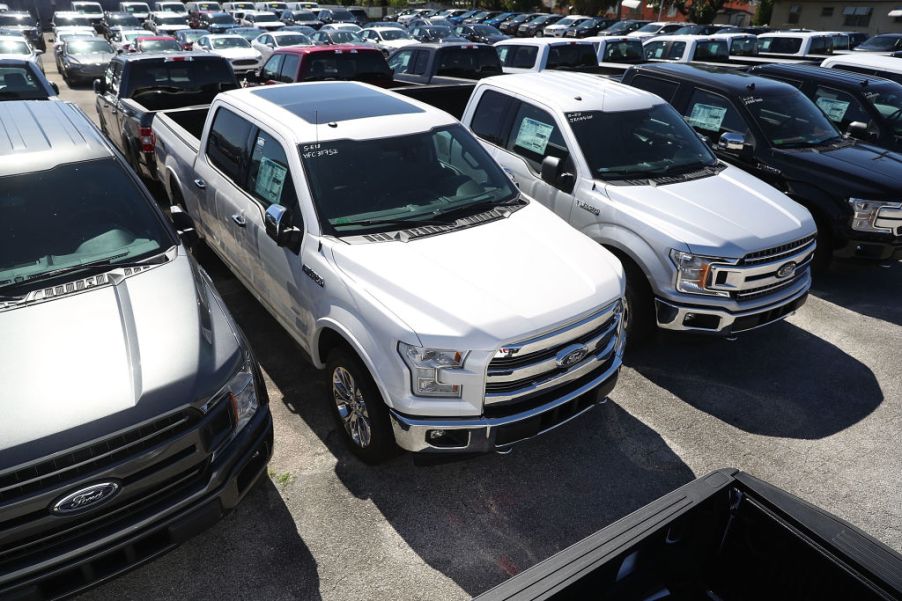
What Happens if You Get in an Accident While Towing a Boat?
One of the benefits of owning a truck with a hitch is the ability to tow large loads. If you are an avid boater, having a vehicle that lets you tow your boat to locations near and far is certainly a perk. It is important to follow safe towing practices when transporting your boat. An accident will put your boating adventures on hold.
Choosing the right hitch

The first step to safe towing is choosing the hitch that works best for your boat. If you are towing a small, light boat, you may be able to get away with a Class I hitch, rated for up to 2,000 pounds gross towed weight (GTW) or a Class II hitch, rated for up to 3,500 GTW. One of the most common hitches used to tow a boat is the Class III hitch. These hitches are rated for up to 6,000 pounds GTW. The GTW can be boosted to 10,000 pounds using a weight-distributing system. If you are towing a very large or heavy boat, you may need to opt for a Class IV or Class V hitch.
If you exceed the GTW rating for your hitch, you expose yourself and your boat to a number of hazards:
- The hitch could break
- The boat could become unhooked
- The boat could topple
- You could lose control of the braking and steering of the vehicle
While GTW is a key consideration, you will also need to consider the tongue weight (TW), which is the downward force the tongue of the trailer puts on the hitch. Too little TW and the back end of the vehicle may lift. Too much TW and the back end of the vehicle might sag. An appropriate TW is 9-15% of the GTW.
Safe towing practices
In addition to making sure you have the right hitch, there are a number of other considerations for safe towing.
- Space is your friend. Leave plenty of distance between you and the vehicle in front of you. Your tow load limits your ability to brake quickly. Also, leave plenty of space when you are pulling out into traffic or attempting to pass another vehicle. You will not be able to accelerate as quickly.
- Swing wide. Prepare to make wide turns. Otherwise, you might clip curbs or other objects on the side of the road.
- Ease off the accelerator. If wind or any other force pushed on your vehicle or boat, take your foot off the accelerator rather than braking.
- Check your side mirrors. While you may be most accustomed to using your rear view mirror, all it will show you is the broad bow of your boat. Your side mirrors will help you get a view of the road.
- Tricks of backing up. When you are backing up a boat trailer, your directions will be reversed. When you turn the wheel right, the trailer will go left. When you turn left, the trailer will go right.
The best way to conquer towing a boat is through practice. Before you hit the road, practice turning, backing up, and adjusting your steering in an empty parking lot.
Risks of an accident
If you are in an accident while towing your boat, the normal concerns will all be present. Was anyone hurt? Was property damaged? How will I handle this with my insurance company? The important thing to know about towing a boat is that your truck insurance likely doesn’t cover your boat in an accident. This means that your boat could sustain serious damage, and you will be on the hook for the costs of repairs. This is all the more reason to ensure you are being as cautious as possible while towing your boat.


